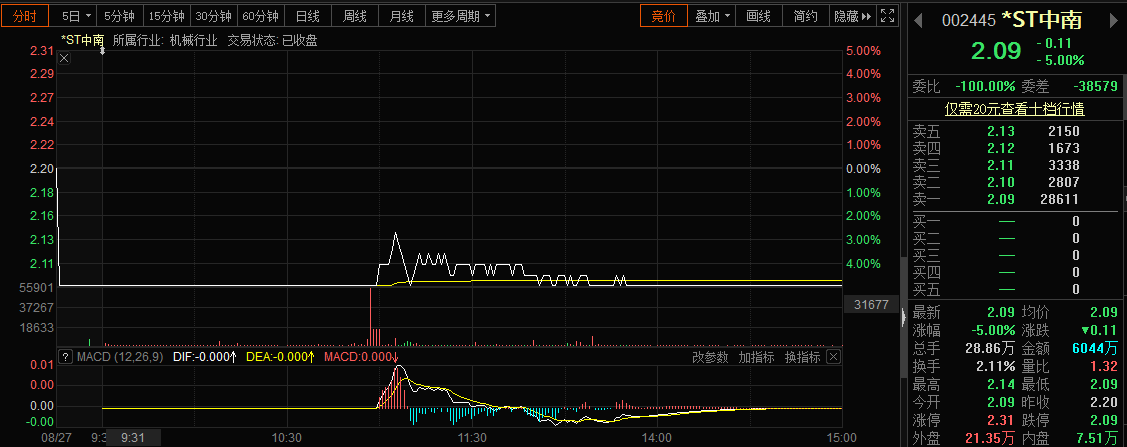心理健康对生理疾病的影响到底有多大呢
Ctrl C - Ctrl V:“Health and longevity are good indicators of physical reserve, and there is direct evidence that positive emotion predicts health and longevity. In the largest study to date, 2,282 Mexican-Americans from the southwest United States aged sixty-five or older were given a battery of demographic and emotional tests, then tracked for two years. Positive emotion strongly predicted who lived and who died, as well as disability. After controlling for age, income, education, weight, smoking, drinking, and disease, the researchers found that happy people were half as likely to die, and half as likely to become disabled. Positive emotion also protects people against the ravages of aging. You will recall that beginning nuns who wrote happy autobiographies when in their twenties lived longer and healthier lives than novices whose autobiographies were devoid of positive emotion, and also that optimists in the Mayo Clinic study lived significantly longer than pessimists. Happy people, furthermore, have better health habits, lower blood pressure, and feistier immune systems than less happy people. When you combine all this with Aspinwall\u0026#39;s findings that happy people seek out and absorb more health risk information, it adds up to an unambiguous picture of happiness as a prolonger of life and improver of health. ”——《Authentic Happiness》 by Martin E. P. Seligman翻译:“身体状况的两个指标是健康状况和寿命,而已经有直接证据证明:积极情绪可以预测健康状况和寿命。目前最大规模的研究是在美国西南对2282名65岁以上的墨西哥裔美国人进行的人口统计和情绪测试,以及两年的跟踪。积极情绪很好地预测了生存、死亡和残障的状况。而在排除了年龄、收入、教育水平、体重、烟酒习惯和疾病史的因素之后,研究人员发现快乐的人的死亡率和伤残率都是不快乐的人的一半。积极情绪还能帮助人抵抗衰老。想想本书开头那些二十多岁的时候就写下充满幸福感的自传的修女,她们比那些自传里没什么好话的活的更长久、更健康。另外,在Mayo诊所的研究中,积极的人比消极的要长寿得多。除此而外,快乐的人比不那么快乐的人健康习惯更好,血压更低,免疫系统更强壮。所有这些,再加上Aspinwall那个“快乐的人会积极寻找并汲取更多的健康信息”的发现,都毫无疑问地指向了一个结果:快乐的人更长寿,更健康。——《真实的快乐》马丁·塞利格曼著
■网友的回复
有一个教授做过一个更加残忍的试验,他把一个死囚关在一个屋子里,蒙上死囚的眼睛,对死囚说,我们准备换一种方式让你死,我们将把你的血管割开,让你的血滴尽而死。然后教授打开一个水龙头,让死囚听到滴水声,教授说,这就是你的血在滴。第二天早上打开房门,大家都知道发生了什么事情,死囚死了,脸色惨白,一副血滴尽的模样,其实他的血一滴也没有滴出来,他被吓死了。
推荐阅读
- 生气导致得病的原理是啥
- 五分熟的牛排能保证内部无菌吗那些得疯牛病的人都是咋吃牛的
- 怎么样消除眼袋?
- 经常饿了一段时间就不饿了 是啥生理原因呢
- 动物疾病的种类,有人类疾病那么多吗
- 有肾病的人不能吃海鲜吗
- 除去调节生理机能,睡觉本身有意义吗
- 妹妹的过敏性紫癜又发了,上初一,看了医生吃了很长时间的中药不见好,大家知道这种病的忌口食物吗
- 为啥每次打吊瓶都要增一瓶氯化钠+一瓶葡萄糖,直接打治你那病的盐水不就行了嘛
- 按摩治愈糖尿病的可行性有吗


















